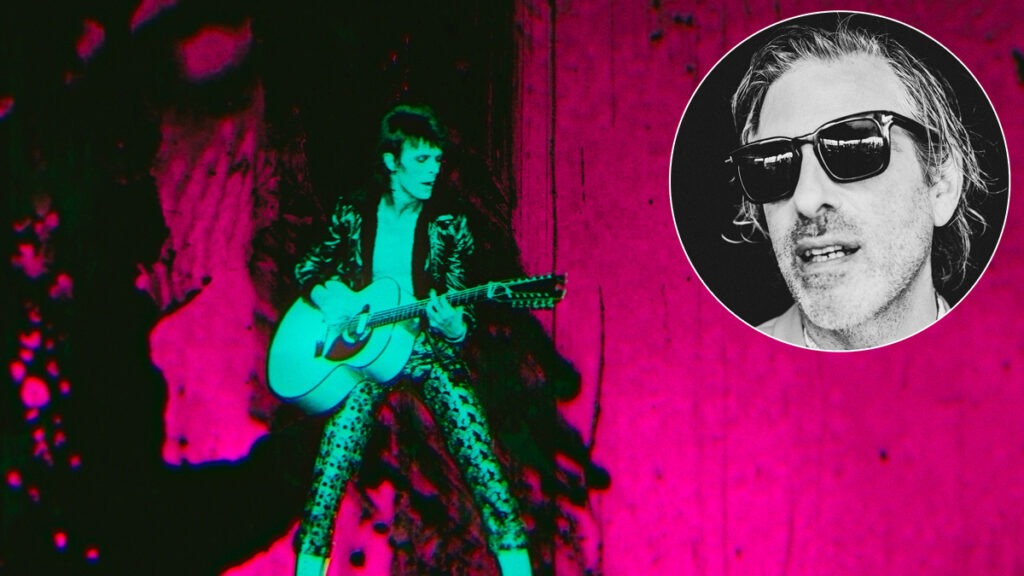Moonage Daydream, a cinematic trip into the psyche and legacy of the iconic David Bowie, has been out in theaters for a week now, and director Brett Morgen confirms that mind-altering substances are being enjoyed in those theaters. “It’s happening a lot,” he tells Consequence via Zoom, a few days after the unconventional documentary’s IMAX premiere. “I’m having people come up to me at the end of screenings lit and tripped out.”
Officially authorized by the Bowie estate, Moonage Daydream uses decades of archival footage to craft a visually-driven look at Bowie as an artist, from the Ziggy Stardust days to the more grounded, yet still ethereal, man he eventually became.
Given the beautiful visual soundscapes designed by Morgan, blending animation and music and color to capture the essence of Bowie’s work, he doesn’t seem surprised by the idea that people might consider it a great movie to watch on drugs. “I like to think most of my films work well in that regard,” he says. “They have music and a lot of images and they’re very densely layered, so you can extract new meanings upon multiple viewings.”
Of course, you don’t need to be on drugs to enjoy Moonage Daydream. “What a lot of people are saying is it gives you that effect,” he says. “I think that film does have that sort of intoxicating quality to it. So I think that’s why it may work very well in that regard. If you want to turn your brain off and just allow the film to swallow you, that can happen. There’s an invitation for that. If you want to get lost in David, you know, his philosophizing, I would imagine in a heightened state that can also get very deep.”
The rest of our conversation, transcribed below and edited for clarity, gets at least a little deep, as Morgen reveals what footage he tried and failed to include in the project, how he approached bringing in details about Bowie’s personal life, and how he feels about the film’s impressive theatrical release. (He did a little dance in his chair, when that came up.)
It seems like this was an amazing opportunity to dig into the Bowie archives and play with all this other archival footage. Was there stuff you couldn’t find or couldn’t use for whatever reason?
The one thing that I searched endlessly for were outtakes for The Man Who Fell to Earth. And when you’re searching for something, and someone says no, the natural instinct is to think well, then I need to try a different avenue. If you think about it, there’s an infinite amount of avenues one can pursue. And so, or, at least that’s how I view it. So we spent years trying to call the families of people involved, anyone we could find, until we finally surrendered.
In general, what went into the process of figuring out what of Bowie’s film work to incorporate?
I went into the project with a feeling that the film was performative. And by that, I mean, it was really not about David Jones, but about “Bowie the artist,” and all art, to me, has an ingrained timestamp, if you will. You can view performance through the lens of a document of that moment in time. So I approached David’s film work in films like Man Who Fell To Earth and The Hunger not so much as scenes of David performing — although everything in the film is David performing — but to illustrate ideas and dialogues that David was talking about.
Oftentimes the intersection of David’s creative and personal life were quite intertwined in terms of, you know, his decisions as to why he took film roles, so I think there’s a seamless blend or transition from David Bowie in a “documentary” moment to him in a clip from Man That Fell To Earth when you hear him talk about his parents.

